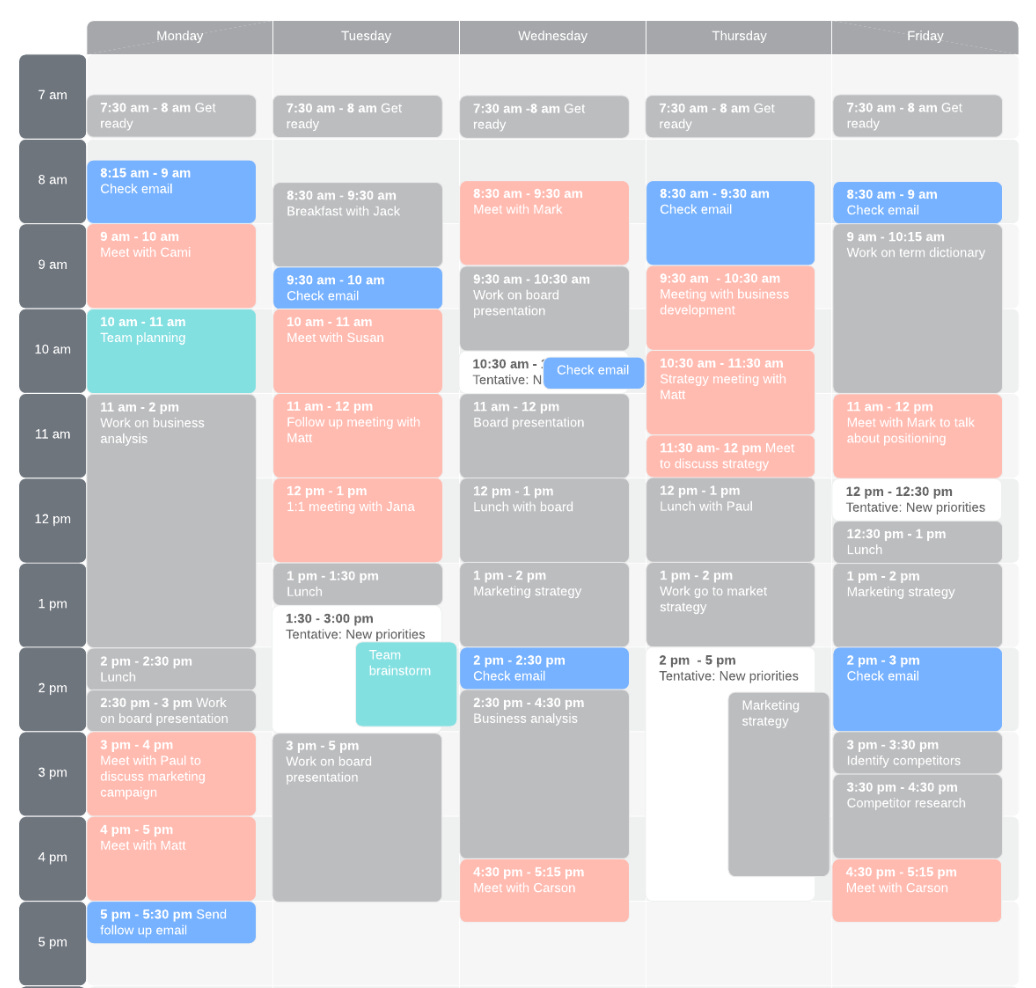When Deadlines Get Too Comfortable: The Parkinson's Law
Why your 5-minute task took all afternoon and what to do to stop procrastination.
🕰️ Reading time: 4 minutes
Have you ever noticed that sometimes we take longer than necessary to complete a task? Even when it’s a simple and quick one?
Or that we procrastinate until the deadline is close, only to finish the task immediately before it’s too late?
Well, this phenomenon is called Parkinson’s Law, which states that work expands to fill the time available for its completion.
Say it again?
In other words, a task seems harder to complete when more time is available because the build-up to it becomes stressful and daunting1.
When we have time, we simply use it all.
Example: You have only one e-mail to send in the afternoon.
It takes just 5 minutes to write it and send it, but, instead, you spend the whole afternoon overthinking, editing, and crafting the perfect response, just because you have the entire afternoon.
Does this happen to you? Yes, me too.
I have observed the Parkinson’s Law in action many times in my professional career, and experienced it firsthand as well.
At the same time, I have seen it happening to others, because no one is really immune. However, recognizing this exists is the first step to overcoming it.
The way it manifests in the workplace is twofold:
You use the time to complete the task more slowly
You procrastinate and rush to complete the task right before the due date
🧠 Why does it happen?
The main reason for this - as is often the case - lies in human psychology.
When we're given more than enough time for a task, we tend to procrastinate. Knowing we have a set amount of time to do something often makes us leave work until the very last minute.
🔬 Research shows that when we are given a task, we tend to think about how much time is available to complete it rather than how much time we actually need.
And, obviously, by focusing on how much time we have to do something, we assume that the task will require all of it.
🎁 What can we do about it?
Most of us have fallen victim to Parkinson’s Law at least once.
The good news is we can take steps to fight it.
Below are some strategies I’ve found helpful in mitigating its effects and reclaiming a lot of time:
🚦⏹️ Set self-imposed deadlines
Instead of thinking in terms of "how much time do I have", think about how much time you realistically need for each task.
Set your own deadlines based on this, and stick to them.
2️⃣🗓️ Two-do list
I love Amanda Goetz's concept of a "two-do" list. She said:
If you sit down and think "what should I do today?", you've already lost the day. If you sit down at your desk to write a to-do list, you’ve lost the day. If you sit down at your desk and open your email, you’ve lost the day.
Think about the two big tasks you are going to tackle the next morning - those big juicy projects (the “big rocks”) that need focused time, like writing that one book chapter, drafting that marketing deck, or conducting the brainstorm session with the team.
Your two-do list encourages you to focus on just two big tasks, every day.
It works like magic.
📵🛫 Limit distractions
Limiting distractions is crucial.
And turning your phone upside down is not enough.
Multitasking, frequent meetings, infinite social media scrolling, or tab-switching negatively affect our performance.
Research says it takes an average of 23 minutes to regain focus after just one distraction.
Every three distractions cost us one hour of productive time.
🕰️🥊 Use time-boxing
Time-boxing increases productivity and reduces procrastination, by allocating a specific time frame to a task.
The first step is deciding whether to set a “hard” or “soft” time-box:
Hard time-box: Stop the task when the time-box ends, even if it’s not complete. Great for fighting perfectionism.
Soft time-box: Use the end of the time-box as a suggestion to wrap up the task and move on. Useful for complex work where timing is initially uncertain.

👀 Watch out for bystander apathy
Clarify roles and responsibilities when working on a project and delegating tasks. And always assign tasks to a single owner with a clear deadline. Only then will people feel responsible for getting things done (you can read about the “bystander effect” here).
Parkinson’s Law is not some unbreakable rule.
It’s just a habit we’ve fallen into.
The good news is, habits can change.
With a few improvements, like self-imposing tight deadlines (especially if you’re a perfectionist) and staying focused on what really matters, you’ll find yourself getting things done faster and with less stress, while reclaiming extra time back in your day.
After all, productivity is not about how long you work.
It’s about producing results that matter.
See you all next Sunday 🗓️
Thanks,
Giacomo
Parkinson’s Law is not a scientific principle. Instead, it is an observation of a phenomenon that many people have experienced, and it was first introduced by Cyril Northcote Parkinson in a 1955 humor essay published in “The Economist”.




Great article. I use time boxing, plus setting alarms for tasks (like writing articles) otherwise I'll tinker at it all day.
Good stuff! I also like to use the Eisenhower Matrix when trying to be more productive.